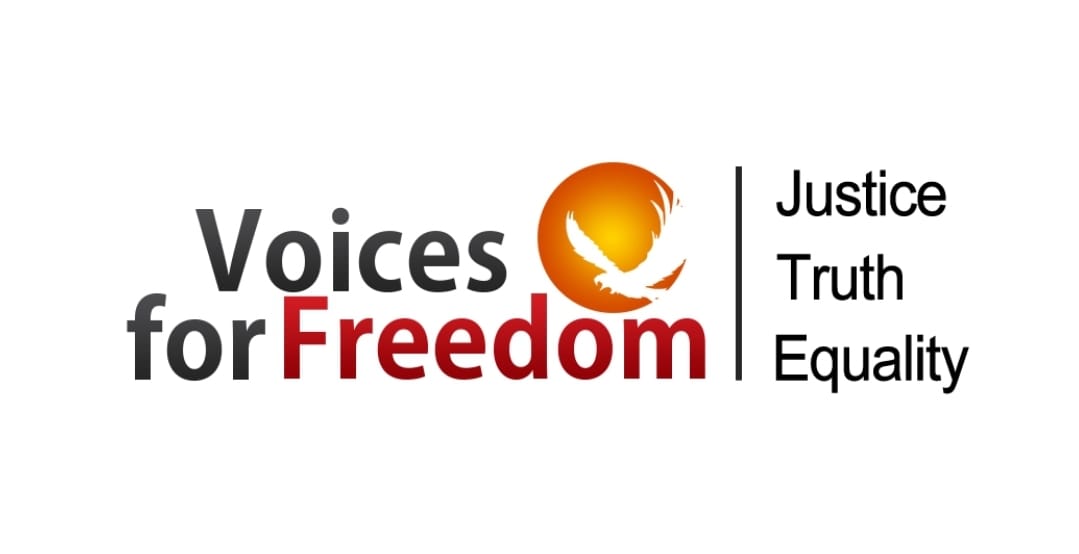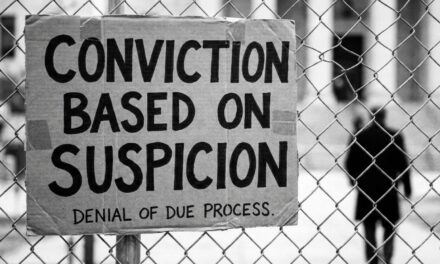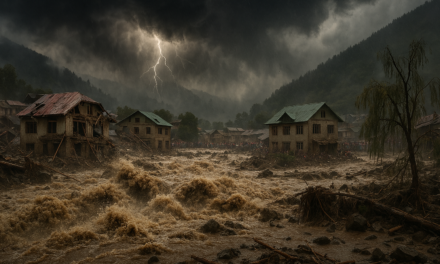UN Declaration of Human Rights is a sacred document prepared by the United Nations in 1948 in the back drop of atrocities committed in the Second World War. At the end of the war, and after the establishment of United Nations, world leaders felt that to avoid such a horrendous draconian play and to establish respect for fundamental rights of all human beings irrespective to their ethnicity, race, religion, sect or sex, they must come up with a comprehensive document which may serve as the guarantor of basic rights of all individuals referred to in UN Charter. Since the Charter was a structural document dealing with primarily both the ends and the mechanism of the international body, therefore, it was not clear enough to spot light all the humanitarian issues. Thus the General Assembly forwarded the draft declaration of human rights to Commission on human rights (then a standing body of UN) which prepared the draft now known as the Universal Declaration of Human Rights. UN’s General assembly adopted the Declaration on December 10, 1948 with 48 member states in favor 0 against and 8 abstentions.
The UDHR is considered to be the very foundation of international laws agreed upon by the member states over the Six decades. It gave birth to a number of human right treaties such as:
• Convention on the Prevention and Punishment of the Crime of Genocide
• International Convention on the Elimination of All Forms of Racial Discrimination
• International Covenant on Economic, Social and Cultural Rights
• International Covenant on Civil and Political Rights
• Convention on the non-applicability of statutory limitations to war crimes and crimes against humanity
• International Convention on the Suppression and Punishment of the Crime of Apartheid
• Convention on the Elimination of All Forms of Discrimination against Women
• Convention against Torture and Other Cruel, Inhuman or Degrading Treatment or Punishment
• Convention on the Rights of the Child
• International Convention for the Protection of All Persons from Enforced Disappearance
All these treaties and declarations deal with some sensitive humanitarian issues which will be discussed in later write ups but the point that is to be raised here is that
• Have we ever really tried to read these internationally acknowledged documents’?
• Do we know what are our privileges and obligations?
• Have we ever thought that our states have incorporated the UDHR and the subsequent treaties in their constitutional provisions? If not, what a citizen can do in this regard?
All such questions will be answered soon but for just a moment think that if one does not know one’s own worth, does one have the right to blame others or to weep on one’s exploitation and victimization?
Certainly not.




